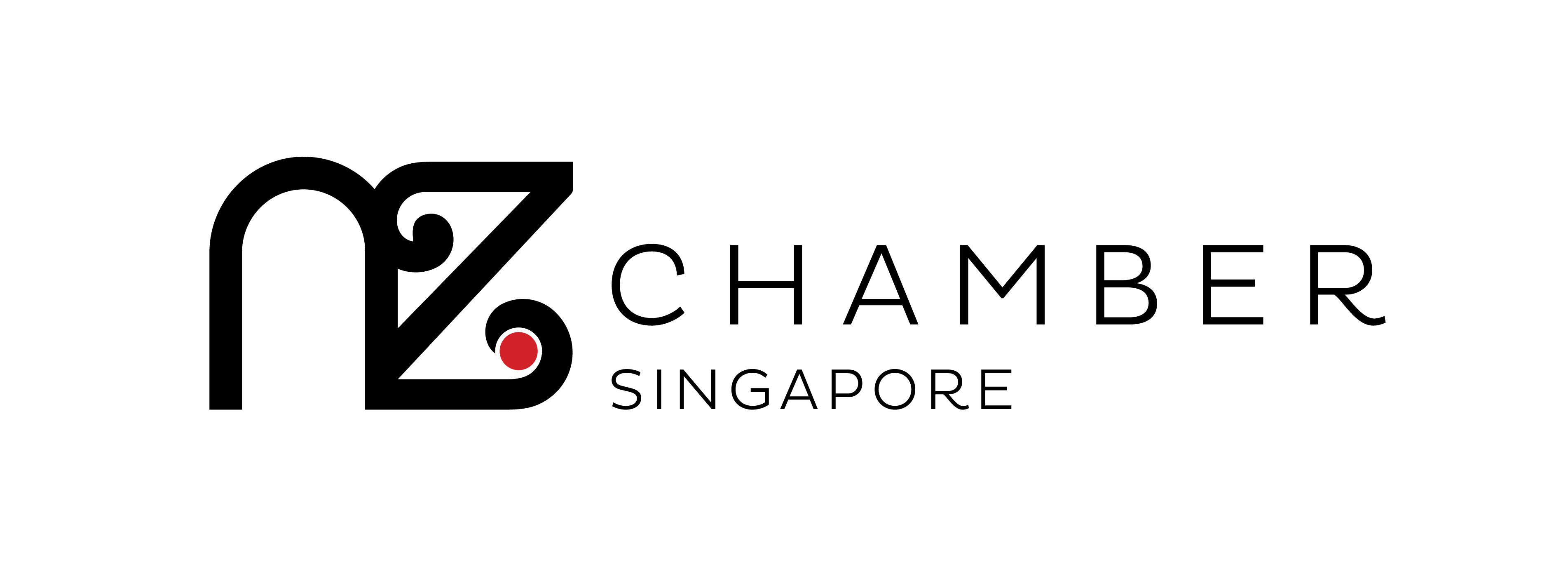The Future of Talent: Opportunities Unlimited
This May, CAANZ presented a panel session 'The Future of Talent'. As the world of work changes, skills we have conventionally valued are being replaced by technology, and employers are increasingly looking for enterprise skills. If you didn't catch the presentation, read the full article from their Future [inc] series here.

As workplaces evolve, business need to rethink their approach to building the workforce of the future
IN BRIEF
- A new report explains the shift in thinking that can see businesses tap into new pools of talent
- The world of work is changing and one in two businesses aren’t keeping up
- Discover how the workplace of the future is shaping up, and how your business can be part of it
The world of work is changing. Skills we have conventionally valued are being replaced by technology, and employers are increasingly looking for enterprise skills – the ability to solve problems, communicate effectively, collaborate and to lead, create and innovate.
These are among the findings set out in The Future of Talent: Opportunities Unlimited, a joint paper by Chartered Accountants Australia and New Zealand and PwC as part of the future[inc] body of research.
Using data sourced from 1,207 business leaders across Australia and New Zealand, the report notes that while businesses on both sides of the Tasman are confident their talent has the right skills for today, they are less confident in the way their organisations will work in the future. More critically, a mismatch exists between the skills businesses regard as important in future workplaces and those they feel they are good at attracting.
"77% of CEOs are concerned that key skills shortages could impair their company’s growth"A backdrop of rapid change
Technology is a key driver of change. Two decades ago there were fewer than 700,000 industrial robots worldwide. Today that number is 1.8 million and rising, and robots are now entering the services arena.
While these advances are creating apprehension in the workforce, 30% of businesses surveyed don’t see technology replacing talent in the next ten years. Rather, today’s talent pool needs to remain adaptable. The World Economic Forum for instance, predicts that by 2020 more than one-third of the desired skill sets of most jobs will comprise skills not yet considered crucial today.
The skills shortage solution? Trawl in wider waters
Globally, 77% of CEOs are concerned that key skills shortages could impair their company’s growth. But the report argues that far from facing a skills shortage, business could just be looking too narrowly, both for the skills they think they need, and for who may have those skills.
The way for organisations to source a wider variety of skills is to trawl in wider waters. According to The Future of Talent, diversity is no longer a feel-good HR sideline, it is the key to accessing the widest pool of candidates – and skill sets.
Embracing diverse pools of talent by exploring less-traditional options such as increasing flexible work offerings, will help to open up new pools of skilled talent. However, as many as one-half of all businesses surveyed feel they are doing an average job at providing such practices.
Embrace an inclusive culture
Across Australia and New Zealand 65% of businesses agree that a more inclusive culture is important to the future of work and attracting talent.
Inclusive decision making has been shown to enhance financial performance, with separate studies indicating that inclusive teams make better business decisions up to 87% of the time. However, 24% of New Zealand businesses and 19% of Australian businesses acknowledge the need to build a more inclusive culture in order to prepare for the future of talent.
Adaptability and agility are critical
As the world of work evolves, businesses need to be more flexible and adjust the way they work to suit expectations of employees. On the flipside, new workers need to be more realistic and bring their expectations in line with the way business operates.
As we head towards the future, the only certainty is uncertainty. Businesses, governments, community organisations, educational institutions and individuals need to work together to find new solutions for different ways of working, but as The Future of Talent: Opportunities Unlimited notes, opportunities exist for those who are adaptable and agile.
Read the full report
The Future of Talent: Opportunities Unlimited
--
This post was originally published by CAANZ in their Future of Talent report, and on the Future [inc] blog.

